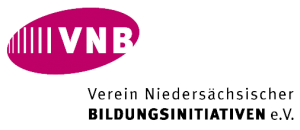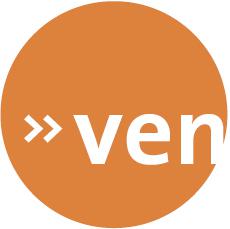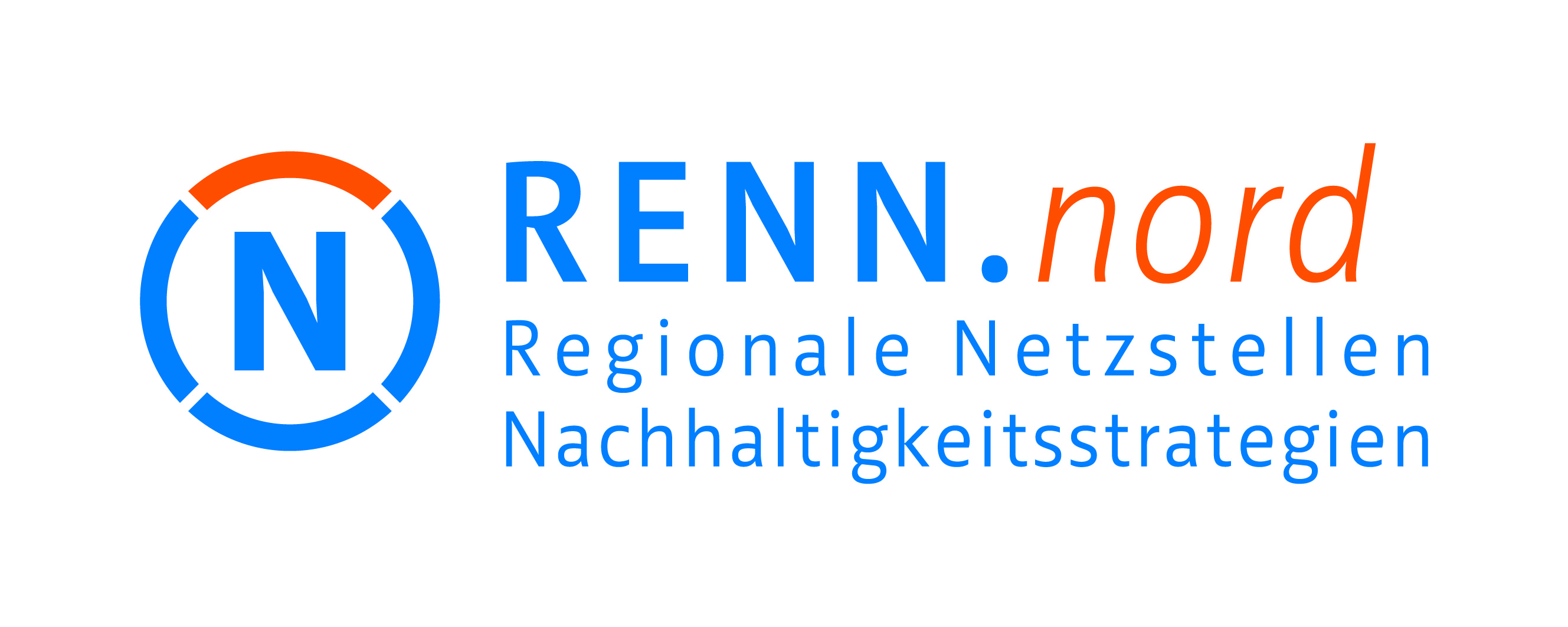
Connect for Change
Shaping Global Educational Partnerships and Projects for Change
28-30 October 2019, Internationales Haus Sonnenberg in St. Andreasberg, Germany
Around 120 students, teachers and representatives of civil society organisations and other activists from Europe, Asia, Africa and Latin America, who are involved in international educational partnerships and projects, participated in the conference. They explored the challenges and conditions for successful global educational partnerships, shared their experiences, and motivated and inspired each other to further develop their work.
The conference was part of the “Connect for Change” project, in which questions such as “What role do global educational partnerships and projects play in achieving the Sustainable Development Goals (SDGs), and how can they be designed to be both successful and equitable?” were discussed with people from the Global North and the Global South on different occasions.
The guiding questions of the conference were:
-
How can global educational partnerships and projects contribute to the further development of your own educational work in schools and/or civil society?
-
What attitudes and images are communicated in our educational work and how can we avoid stereotypes?
-
What role do (post)colonialism, power structures, racism and gender issues play and how can we work constructively on these topics?
-
How can participative project planning succeed and how can we take decisions together?
-
How can we find a common theme for work on an equal footing?
-
How can good cooperation and communication also succeed across continents?
-
How can we ensure equal participation of teachers / multipliers and learners?
Keynote, workshops and interactive methods for exchange and networking
Prof. Dr. Vanessa Andreotti of the Department of Education at the University of British Columbia (Canada) gave a thematic input at the beginning of the conference entitled 'Digging Deeper and Relating Wider: Dreams, Challenges and Questions towards Learning for Change in International Partnerships'.
Fourteen workshops were held on topics, formats, and good practice; cooperation between schools and civil society; and the participation of young people in international education partnerships and projects. Conference participants led all workshops.
To encourage good dialogue among participants, many discussions took place in self-organised small groups, using methods such as storytelling and peer coaching. Plenary sessions included group-building exercises, a Fishbowl discussion on the question '(How) can there be equal partnerships in an unequal world?' and a World Café session entitled 'Identifying the Essence of our Learning for Global Education Partnerships', ensuring the active involvement of all participants.
Handbook
The results of the conference were used to create a handbook on establishing international educational partnerships for global change.
Facilitation and preparation
The conference was facilitated by Timo Holthoff (www.welt-beziehung-bilden.org). It was planned by an international group that met online on a regular basis to plan the schedule.







Supported by funds from:
Engagement Global on behalf of the BMZ, the Lower Saxony Bingo Environmental Foundation (applied for), the Church Development Service by Brot für die Welt - Evangelischer Entwicklungsdienst, the Catholic Fund, the Lower Saxony Ministry of Education and Cultural Affairs and the Lower Saxony State Chancellery.





